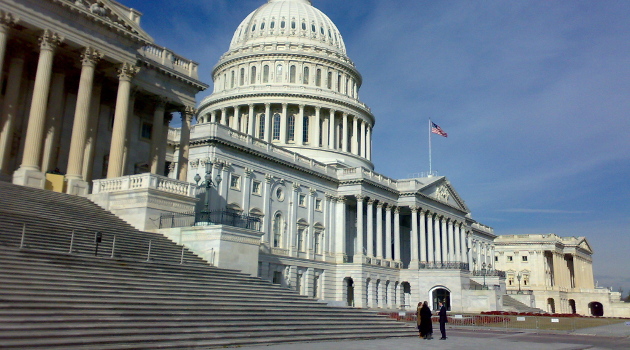There’s a need for a rebalancing of the expanding financial enforcement regime.
CF&P Foundation Prosperitas Studies
Why the U.S. and the Worldwide Tax Systems Have Run Amok
Many overly aggressive tax compliance and enforcement initiatives have been undertaken in recent years.
Paid Family Leave: An Ideological Analysis
There is a lack of principled discussion over the role of government in the financial security of America’s families.
Fiscal Crisis in America, Part 2: Greece – A Harbinger for the United States?
There are compelling similarities between Greece before the crisis and in the United States today.
Fiscal Crisis in America, Part 1: Is A U.S. “Greek” Economic Disaster Possible?
It is time to examine the case for a Greek-style fiscal crisis in the United States.
The European Bank for Reconstruction and Development: Cronyism and Corruption Instead of Growth
Given the dismal track record of other international bureaucracies, as well as the systemic failure of foreign aid to produce better economic performance, it’s unclear whether any reforms could salvage the EBRD.
Monitoring the OECD’s Campaign Against Tax Competition, Fiscal Sovereignty, and Financial Privacy: Strategies for Low-Tax Jurisdictions
The tide is now turning against high-tax nations – particularly as more people understand that ever-increasing fiscal burdens inevitably lead to Greek-style fiscal collapse. Political changes in the United States further complicate the OECD’s ability to impose bad p…
An Update on the OECD’s Campaign Against Tax Competition, Fiscal Sovereignty, and Financial Privacy
The Paris-based Organization for Economic Cooperation and Development has an ongoing project to prop up Europe’s inefficient welfare states by attacking tax competition in hopes of enabling governments to impose heavier tax burdens. This project received a boost when th…




